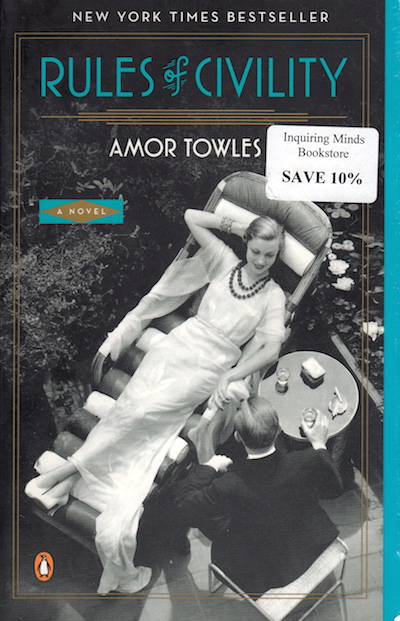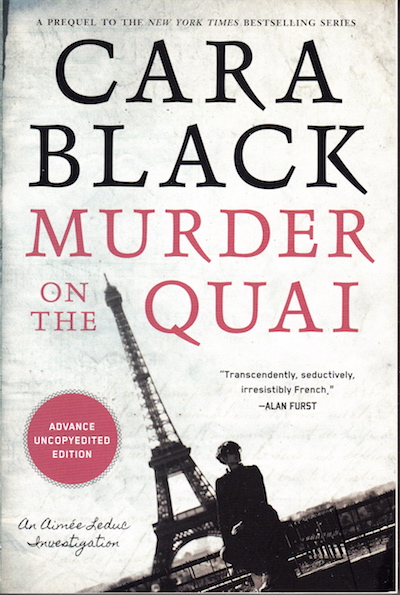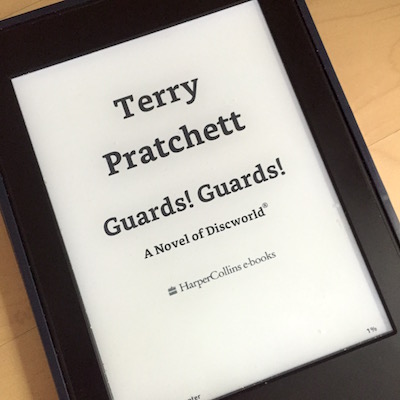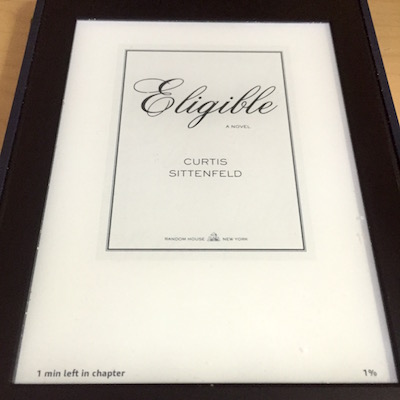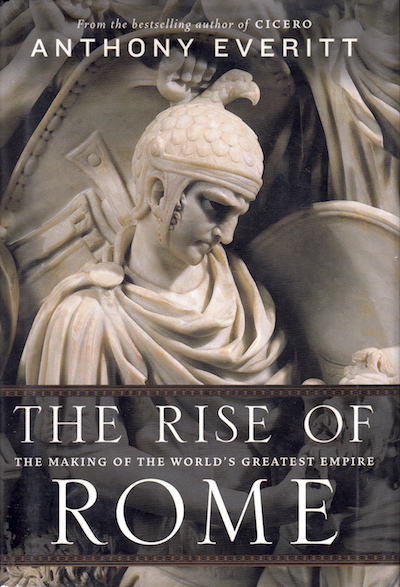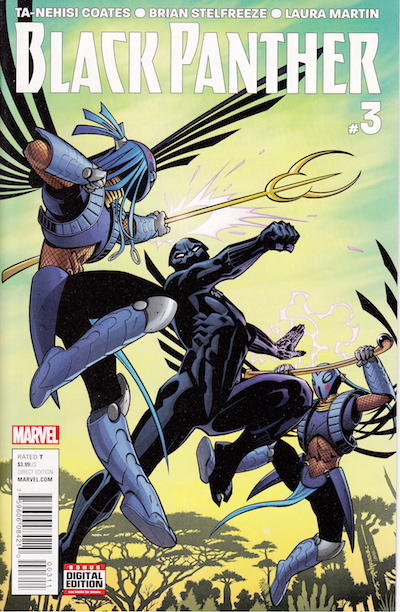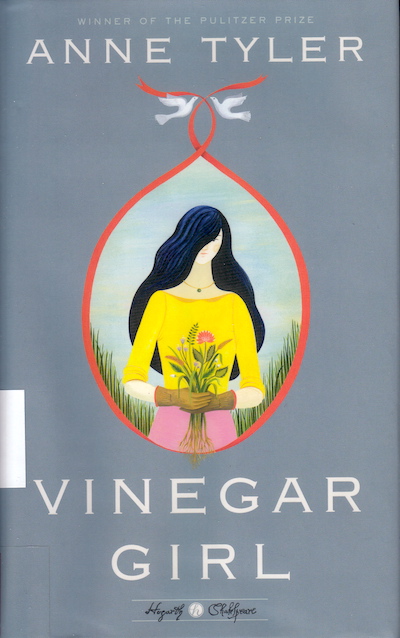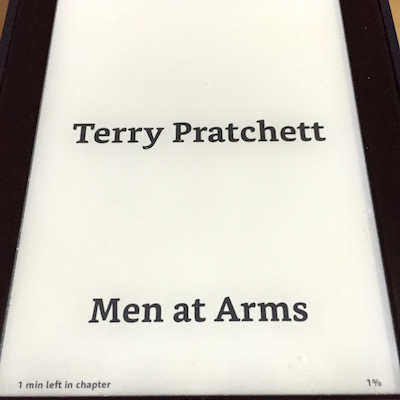 Terry Pratchett’s Discworld books are always about something. Men at Arms is about power, which is a thing I enjoy reading about. Corporal Carrot, you see, is the last heir to the Kings of Ankh-Morpork. The kings have not been in power for a very long time. A disgruntled elite who wants to be in power decides to attempt to remove the actual ruler of Ankh-Morpork, Lord Vetinari. (A person with whom you should not trifle.) There are other things that happen, there’s a murder mystery, but Mr Prachett ably weaves the various storylines together.
Terry Pratchett’s Discworld books are always about something. Men at Arms is about power, which is a thing I enjoy reading about. Corporal Carrot, you see, is the last heir to the Kings of Ankh-Morpork. The kings have not been in power for a very long time. A disgruntled elite who wants to be in power decides to attempt to remove the actual ruler of Ankh-Morpork, Lord Vetinari. (A person with whom you should not trifle.) There are other things that happen, there’s a murder mystery, but Mr Prachett ably weaves the various storylines together.
The world-building is good, the story is entertaining, royalty (spoiler!) does not make a comeback and everyone is largely ok with that in the end. And it’s all done with a light hand. Overall: a win.
